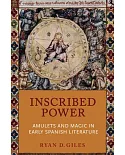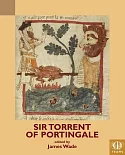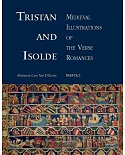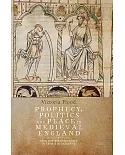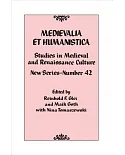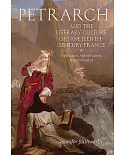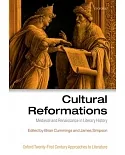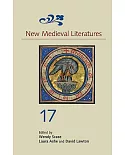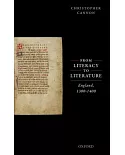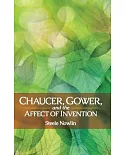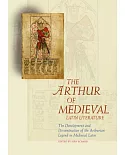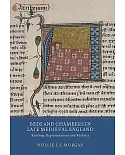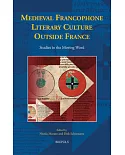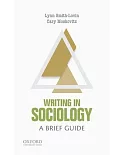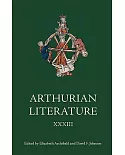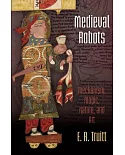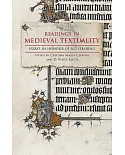Rabelais is best remembered as the author of outrageously scatological, obscene, and entertaining stories, particularly Pantagruel and Gargantua. Hayes (French, U. of Kansas) adds another
dimension to Rabelais studies, the author's use of the theatrical form of farce. In the first section, Hayes takes a close look at the farce, seeing not a formulaic presentation lacking in
creativity, but a well-structured vehicle for expressing frustrations as well as letting off steam. He then points out the many ways that Rabelais used this form as a background for his own
humanistic opinions. He also notes the references to farces throughout Rabelais' work, often by name. He closes with an examination of Rabelais' later, less hopeful, writings, showing that an
element of farce remained to the end. Hayes presents a study that combines literary research with historical and social conditions. Scholars working on the sixteenth century will find much
information and food (or drink) for thought. Annotation 穢2011 Book News, Inc., Portland, OR (booknews.com)



